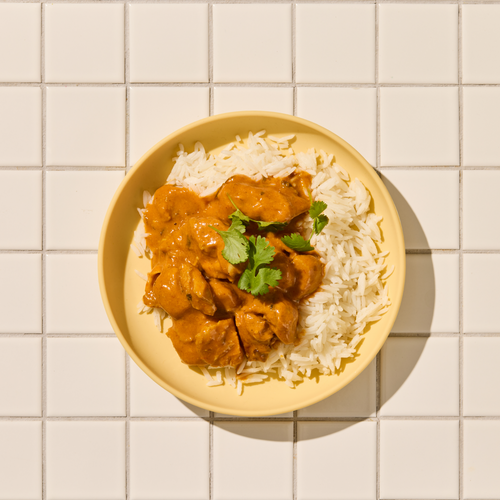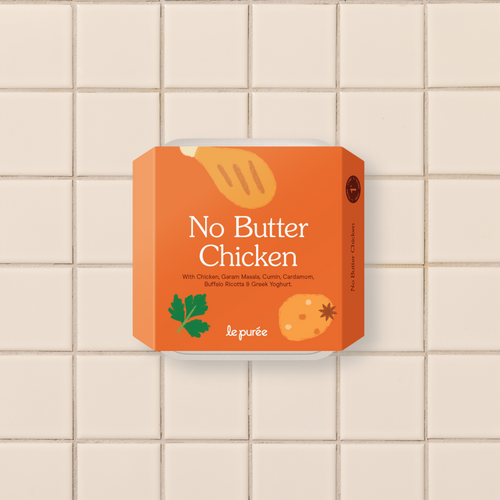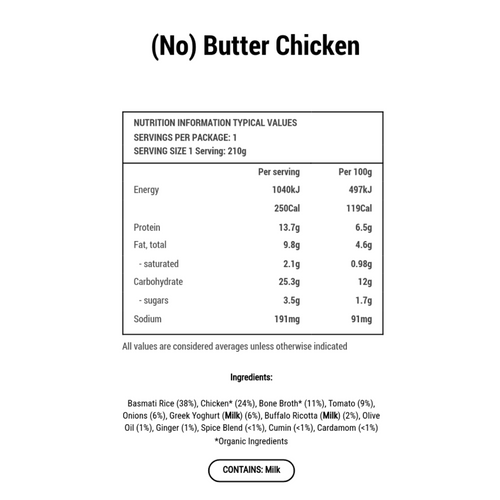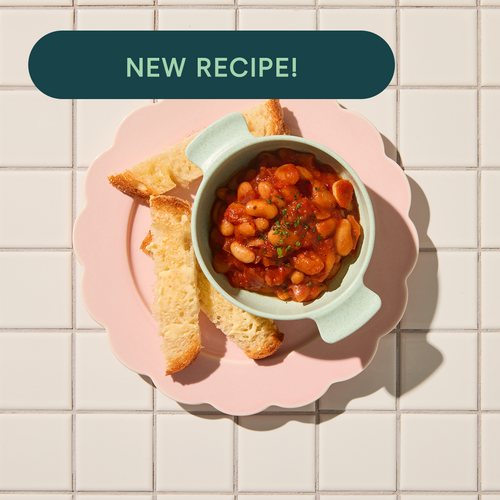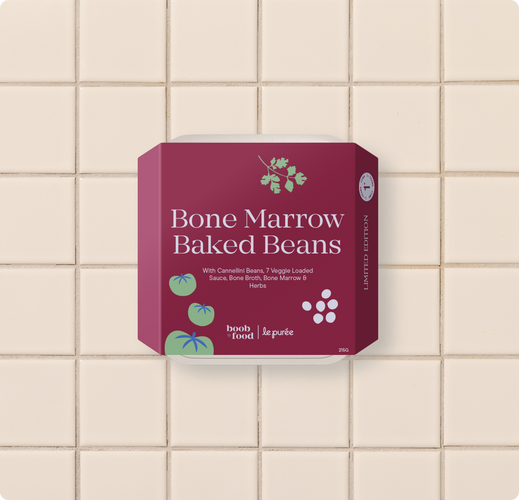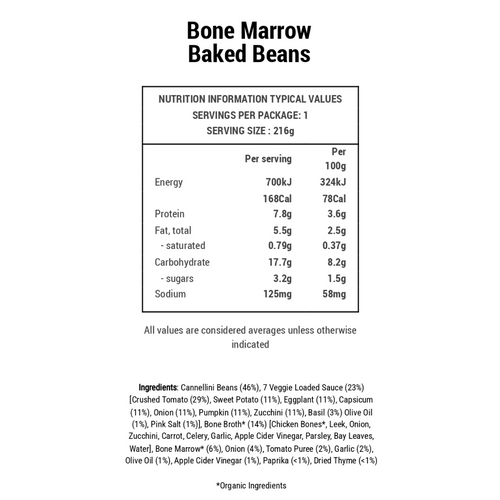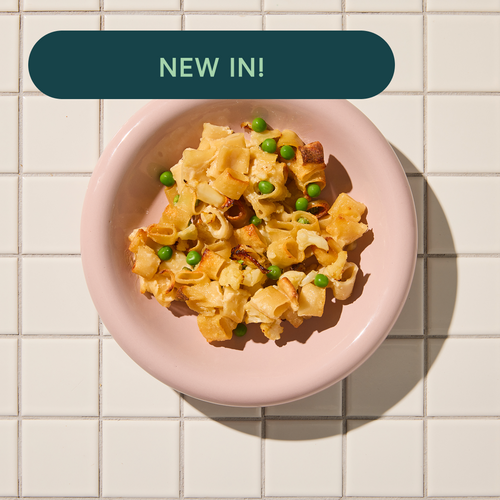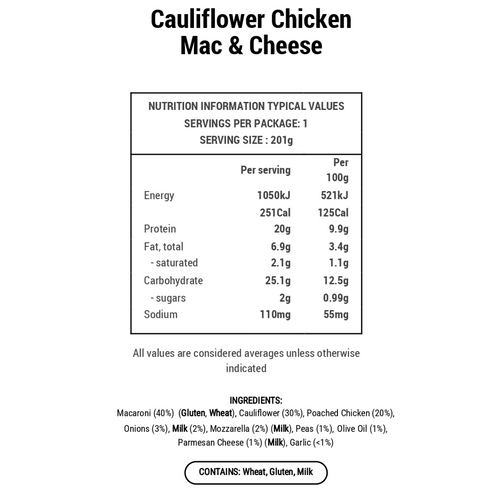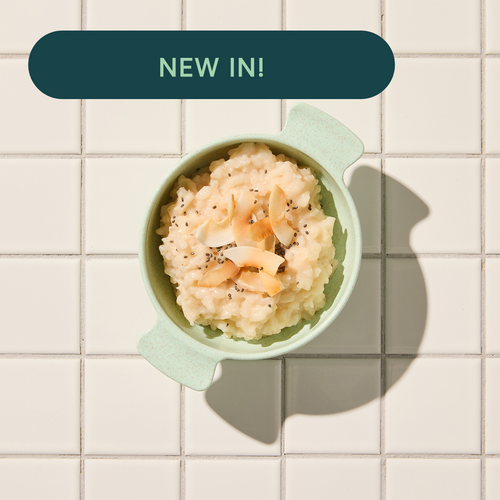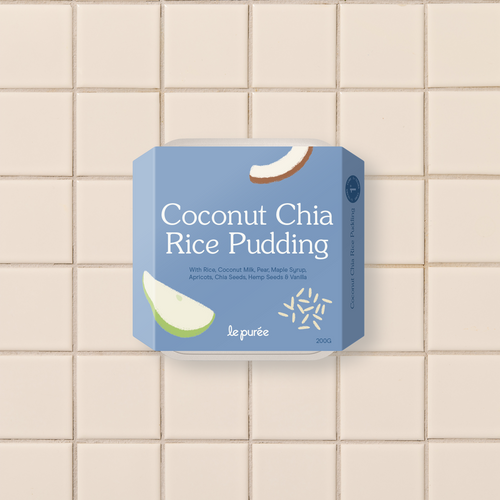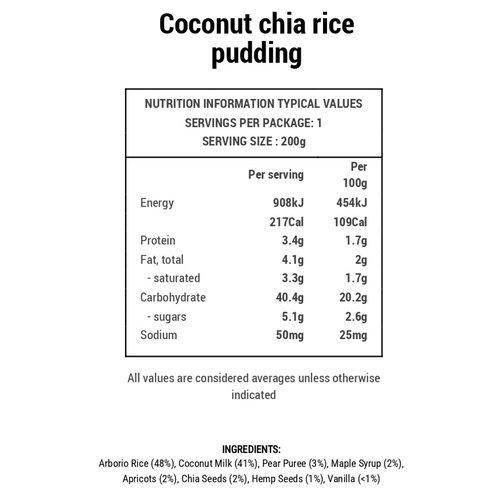By Penny Blunden, Paediatric Nurse & Founder of Sick Happens
Bringing home your newborn baby is such a special time. Especially when it’s not your first child. Knowing what’s coming, and the speed in which it inevitably flies by just hits differently that second time around. You get another chance to slow down, be present and breathe in all of those intimate newborn moments. You get to watch your toddler meet their best friend as they change from baby to big sibling in the blink of an eye.
But, bringing home your newborn when there is a toddler in the house comes with brand new challenges. Sharing your time between your two babies. Making sure both of their needs are met. Not to mention protecting your newborn from all of those toddler germs.
It’s inevitable that your toddler is going to bring home germs and lovingly share it around the family. It can be scary when it’s your newborn in the firing line because their immune systems are vulnerable for quite some time and they can get sick pretty dang quickly.
Here are some ways to limit the spread of toddler germs being passed on to your itty bitty newborn. Prevention is always better than treatment, but please know that these suggestions are all about risk minimisation. Unfortunately there is no way to prevent illnesses entirely: Sick Happens! But, it’s not a completely hopeless situation. Here are my top tips:
Immunisations
Make sure the families (and visitors) immunisations are up to date. This includes annual immunisations and boosters such as Influenza, Coronavirus and whooping cough. Newborns start their scheduled immunisations around week 6, so they rely on us to protect them for quite some time. Set reminders in your phone for when everyone’s boosters are due, as we all know how life becomes a blur when newborns enter the game.
Teach them young
Teach your toddler about how immune systems and germs work. Teach them how germs can make us sick, how they are spread and how we can protect one another. Their age and developmental understanding will guide how much detail to give your toddler, but you’d be surprised just how much they can comprehend. When children can understand the *why* behind the tasks you are asking of them, it can make life a whole lot easier.
Handwashing
Prioritise teaching your toddler how to wash their hands properly and frequently. This means making it easy for them to achieve this. Here are some ways to do this:
- Use a step stool, climbing tower or dedicated space to make it easy for them to wash their hands with running water.
- Pick a soap that makes it fun for them to want to wash their hands. Maybe it’s coloured, in a foaming pump or smells delicious. Literally *any* soap will do the job.
- Choose a song that lasts for at least 20 seconds to help them remember how long they need to wash their hands for. Anything from Happy Birthday to Baby Got Back works. There’s no harm in making it fun for you too!
- Show them how to scrub their hands by using friction, making soap suds and rinsing with running water.
Kissing
Remind your toddler that kisses on the face and hands make it easy for germs to be spread to their precious newborn. Encourage them to only cuddle their baby OR pick a special kissing spot. This could be on their tummy, back or legs.
Baby wearing
Baby wearing is amazing. Not only does it give you two free hands to get on with life, it’s also a way to create a physical barrier to protect your newborn. Curious toddlers can still touch their newborn on the carrier, but they will be snugly tucked away from sneezes, coughs and sloppy kisses.
Sunshine and ventilation
Sunshine is key for healthy immune systems. Vitamin D is produced from the sun and absorbed through the skin. A walk outside in the sunshine makes sure everyone gets their daily dose of vitamin D, allows your toddler to get some exercise in, and gives you some much needed fresh air. Also, open doors and windows as much as possible to ventilate the house to get some fresh air in, and germs out.
The boring basics
Focusing on the boring basics gives your toddler the best chance at avoiding getting sick in the first place. The boring basics include:
- Getting enough sleep
- Staying hydrated
- Getting enough chance to exercise AKA play
- Offering as varied a diet as possible. Food diversity is key!
- Minimising stress AKA focusing on a secure attachment
Breastfeeding
Breastfeeding is well documented to provide your children with antibodies to protect them from sickness. It is also a great way at giving them the hydration, nutrition and immune supporting goodness they need when sick – for both newborns and toddlers alike. I always recommend the benefits of breastfeeding with empathy for those that cannot, or choose not to breastfeed for whatever reason. The benefits of breastfeeding and breastmilk are second to none, but the choice or decision to breastfeed is not always a straightforward one.
Remember: it’s never a question of if kids get sick, it’s when. Sickness is probably one of the only guarantees in parenthood. But don’t for one second blame yourself if your family gets struck down with sickness. Hold your head high knowing you’re doing a flipping great job, regardless of whether the kids are sick or not.
If you need help learning how to navigate inevitable illnesses in kids, I’ve got the answer for you. My online courses and products teach you realistic strategies to combat sickness without panic & second guessing yourself. Head to my website to learn >>> www.sickhappens.com.au
References
Aiello et al. (2011). Effect of Hand Hygiene on Infectious Disease Risk in the Community Setting: A Meta-Analysis. American Journal of Public Health. DOI: 10.2105/AJPH.2007.124610
Allen et al. (2014). Prevention and management of neonatal herpes simplex virus infections. Paediatrics and Child Health. DOI: 10.1093/pch/19.4.201
Aranow et al. (2011). Vitamin D and the immune system. American Federation for Medical Research. DOI: 10.2310/JIM.0b013e31821b875
Besedovsky, Lange & Born. (2011). Sleep and Immune Function. European Journal of Physiology. DOI: 10.1007/s00424-011-1044-0
Camacho-Morales et al. (2021). Breastfeeding Contributes to Physiological Immune Programming in the Newborn. Frontiers in Pediatrics. DOI: 10.3389/fped.2021.744104
Childs, Calder & Miles. Diet and Immune Function. Nutrients. DOI: 10.3390/nu11081933
Demicheli et al. (2018). Vaccines for preventing influenza in healthy adults. Cochrane Library of Systematic Reviews. DOI: 10.1002/14651858.CD001269.pub6
Jefferson et al. (2023). Physical interventions to interrupt or reduce the spread of respiratory viruses. Cochrane Library of Systematic Reviews. DOI: 10.1002/14651858.CD006207.pub6
Jefferson et al. (2018). Vaccines for preventing influenza in healthy children. Cochrane Library of Systematic Reviews. DOI: 10.1002/14651858.CD004879.pub5
Rabie & Curtis (2006). Handwashing and risk of respiratory infections: a quantitative systematic review. Tropical Medicine and International Health. DOI: 10.1111/j.1365-3156.2006.01568.x



